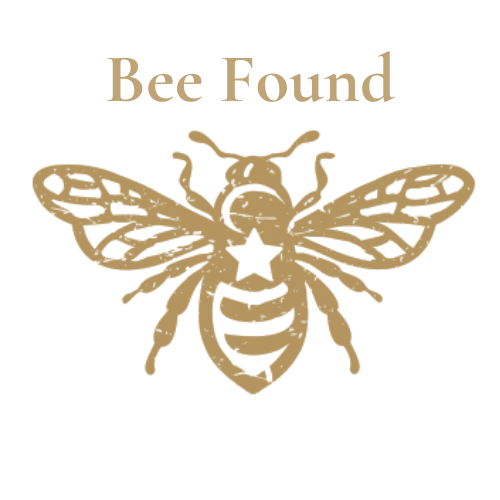What does Treatment Free mean?
We should first start by stating what qualifies as treatments; which is, anything that's put into the hive that the bees don't put there themselves, except the hive parts and occasional feeding supplies, as needed*. Treatments are items that are introduced by the beekeeper into the hive with the intent of killing, repelling, or inhibiting a pest or disease afflicting the bees, or in any way "helping" the bees to survive when they ought to be surviving on their own. However, this does not include "managing" the bees. Treatment of bees is very different from managing bees. Every beekeeper should be managing bees. But Bee Found believes that not every beekeeper should be treating their bees.
Feeding
We generally consider feeding to be "treating against starvation." However, since many new beekeepers will be working with bees that are not yet adapted to their area, and may not have sufficient stores due to conditions outside their control, we do occasionally talk about feeding.
*Feeding includes the following:
Sugar syrup (1:1 ratio), dry granulated sugar, High Fructose Corn Syrup (HFCS) & pollen patties/substitutes. Bee Found DOES NOT recommend HFCS! This is simply feeding empty calories to the bees and is junk food. Generally, we don't recommend feeding at all but sometimes it's necessary. If feeding is necessary, we recommend feeding raw honey that the bees themselves have produced. Do not use other honey.
Sugar syrup has a pH of 6 while honey has pH of 3.4. That means that feeding sugar syrup is feeding bees a much more basic food than what they're used to eating; something they need to survive. This could explain why managed bees aren't as healthy as they should be, whereas feral bees are much more healthier.
Using treatments
Just a few of the chemicals used in modern hives
Where to begin? How about the term "organic"? The term organic used to mean something. But then lobbyists stepped in and made a change to where the USDA now owns the word organic. They stipulate what is considered organic and what is not. In some cases, it makes the label ‘organic’ almost impossible to apply, but in most cases, it means little more than ‘no really harsh chemicals. And that's not right.
For beekeeping, there are many "organic" chemicals that can be used to keep mites and diseases at bay, but can never eliminate them.
why we don't use treatments
Treatments only kill some of the pests, but the ones that they don't kill, pass on genetics to their offspring, making them more resilient to future treatments. This means that the beekeeper has to use different chemicals to keep them at bay. It's a perpetual problem that introduces many different chemicals into the hive and make the bees less reliant on their own genetics to deal with the pests and diseases. Because of that, the bees will never evolve to take care of themselves and will rely on deus ex machina, all the while absorbing these chemicals into their food, their bodies, the wax and their entire environment over their shortened life due to the use of these chemicals.
Treatment-free beekeeping relies on natural selection to maintain healthy stock and genetics. Let us not forget however that natural selection requires both survival and death. As hard as it is, we let the weak ones die. The stronger ones are then split and made into stronger and stronger colonies down the road.
Treatment-free is ultimately for the benefit of the bees, and of course, humans obtain some benefits as well. We get pure clean honey, wax & propolis, and we don’t have to burn dollars to get the bees to make these products.
So what is Treatment-free? Unless you have bees in bee trees/logs and let them be, treatment-free is the way bees live in the wild. We know that feral bees are healthier and more resilient than "boxed" bees. Bees live naturally, and so should you.

